
But is is a good idea?
Yesterday I was surprised by the South Australian Government announcing a plan to put solar panels on the roofs of 50,000 or more homes along with a Telsa Powerwall 2 and smart meter. The goal is to have them work together to create a virtual power station with 250 megawatts of solar panels and battery storage that can provide 250 megawatts of power over two and a half hours. [Read more…]



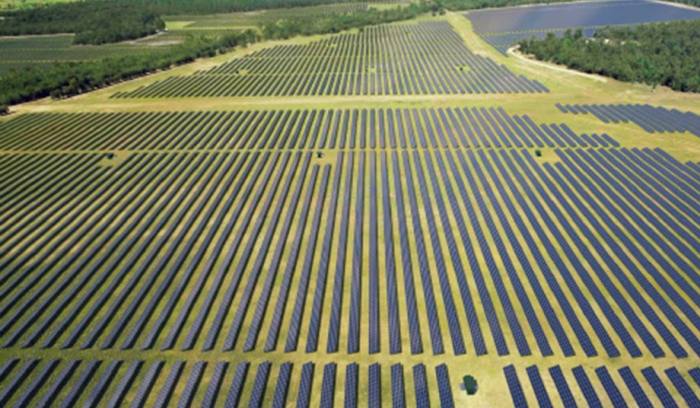
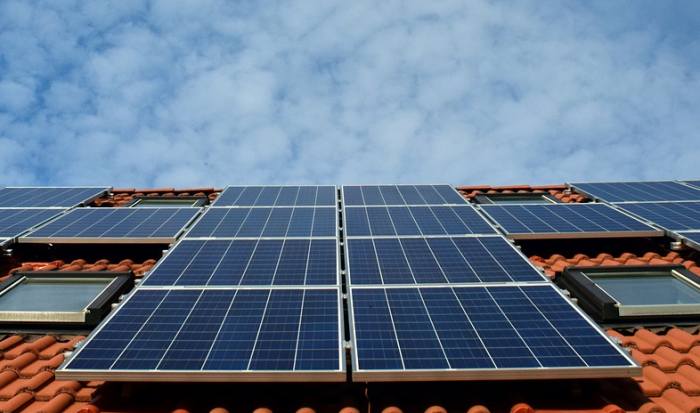
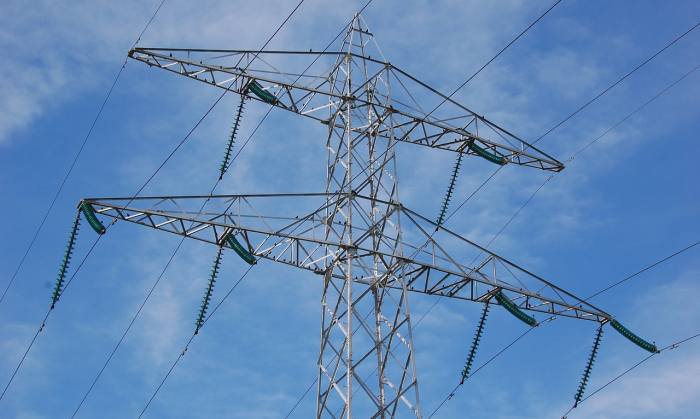
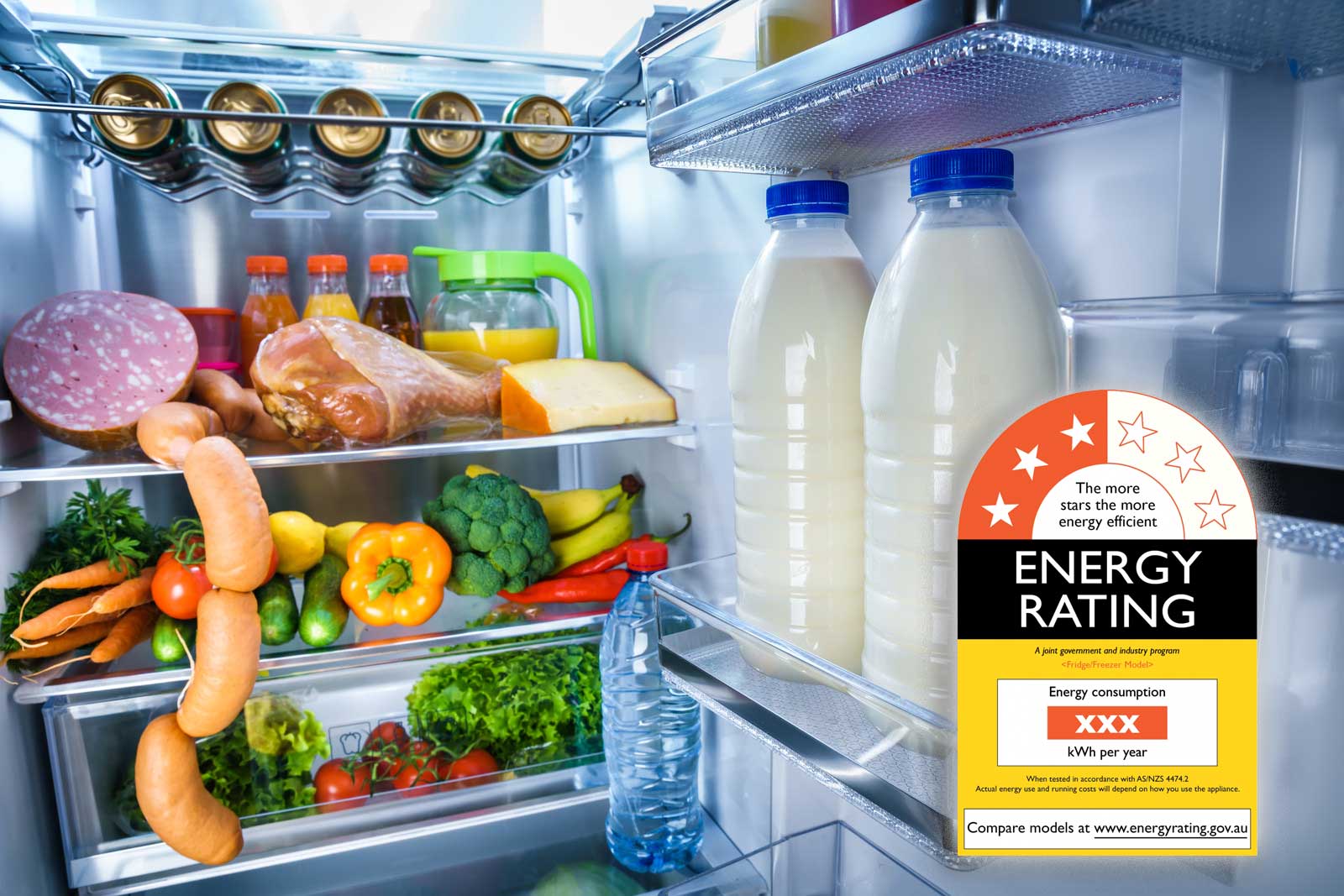
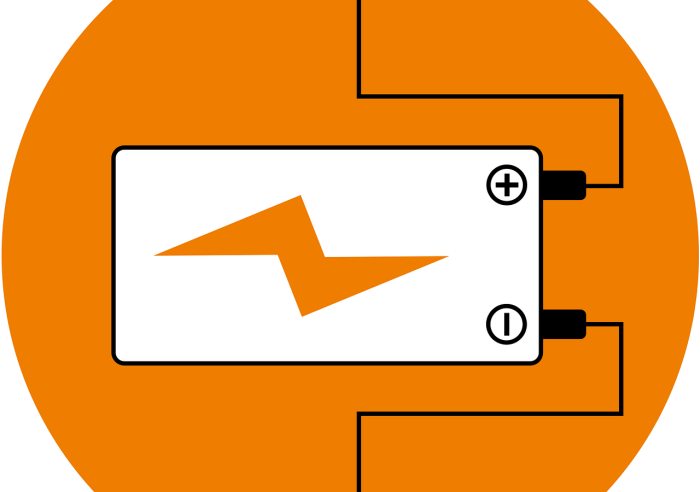
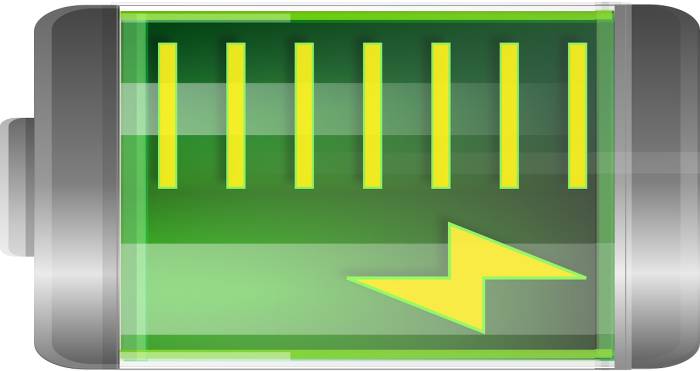

 RSS - Posts
RSS - Posts



Currently Raging Debates: